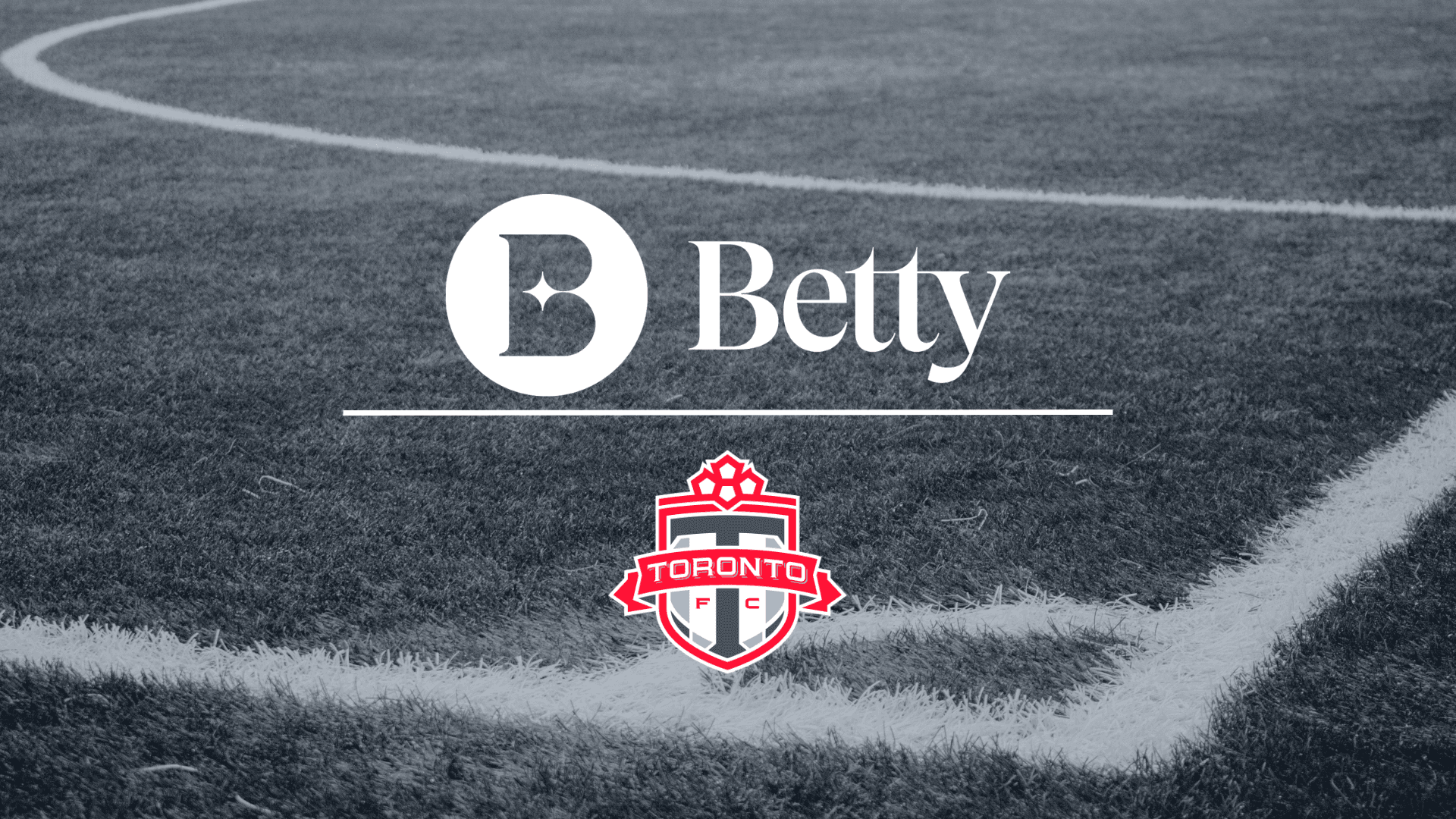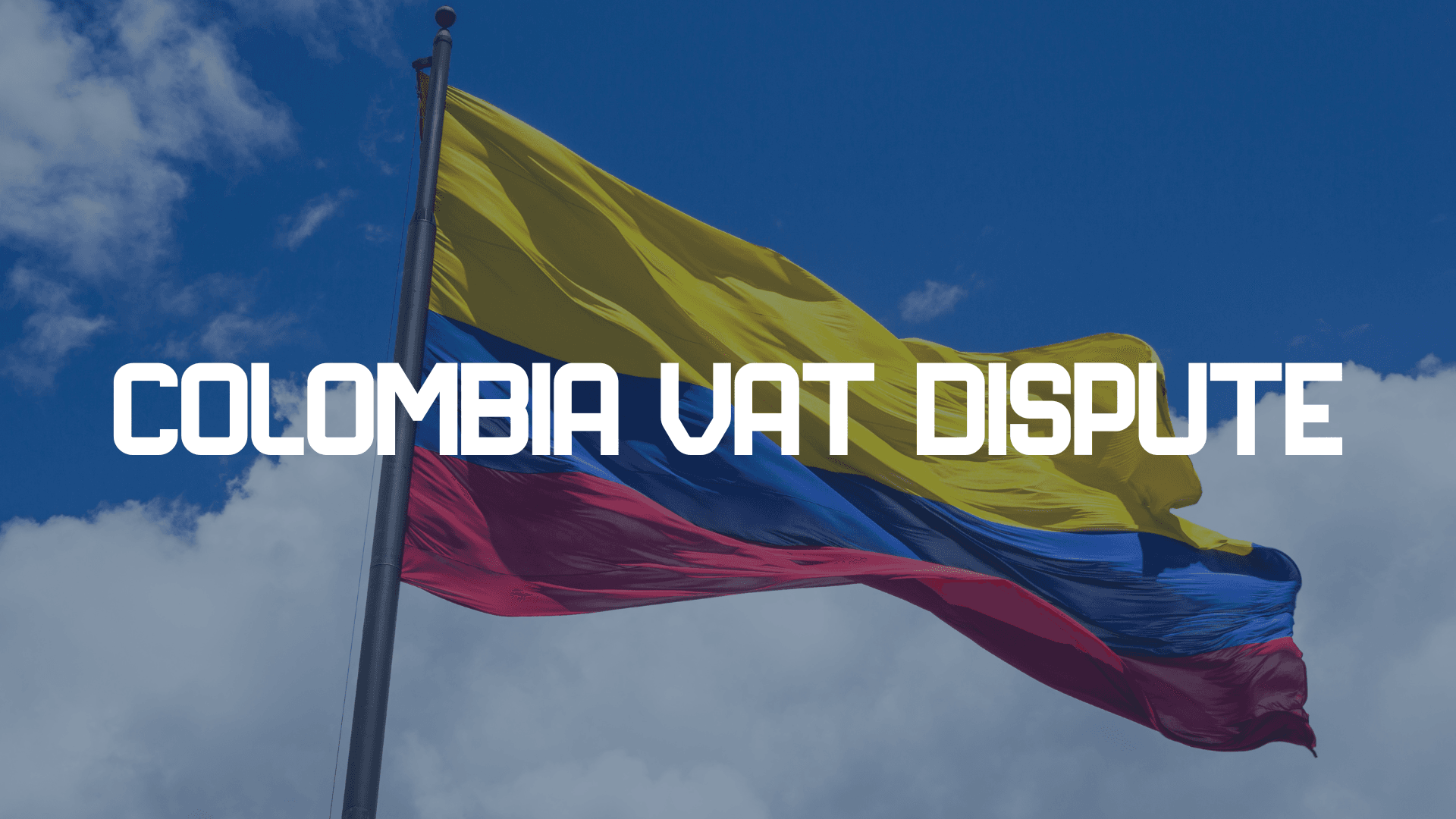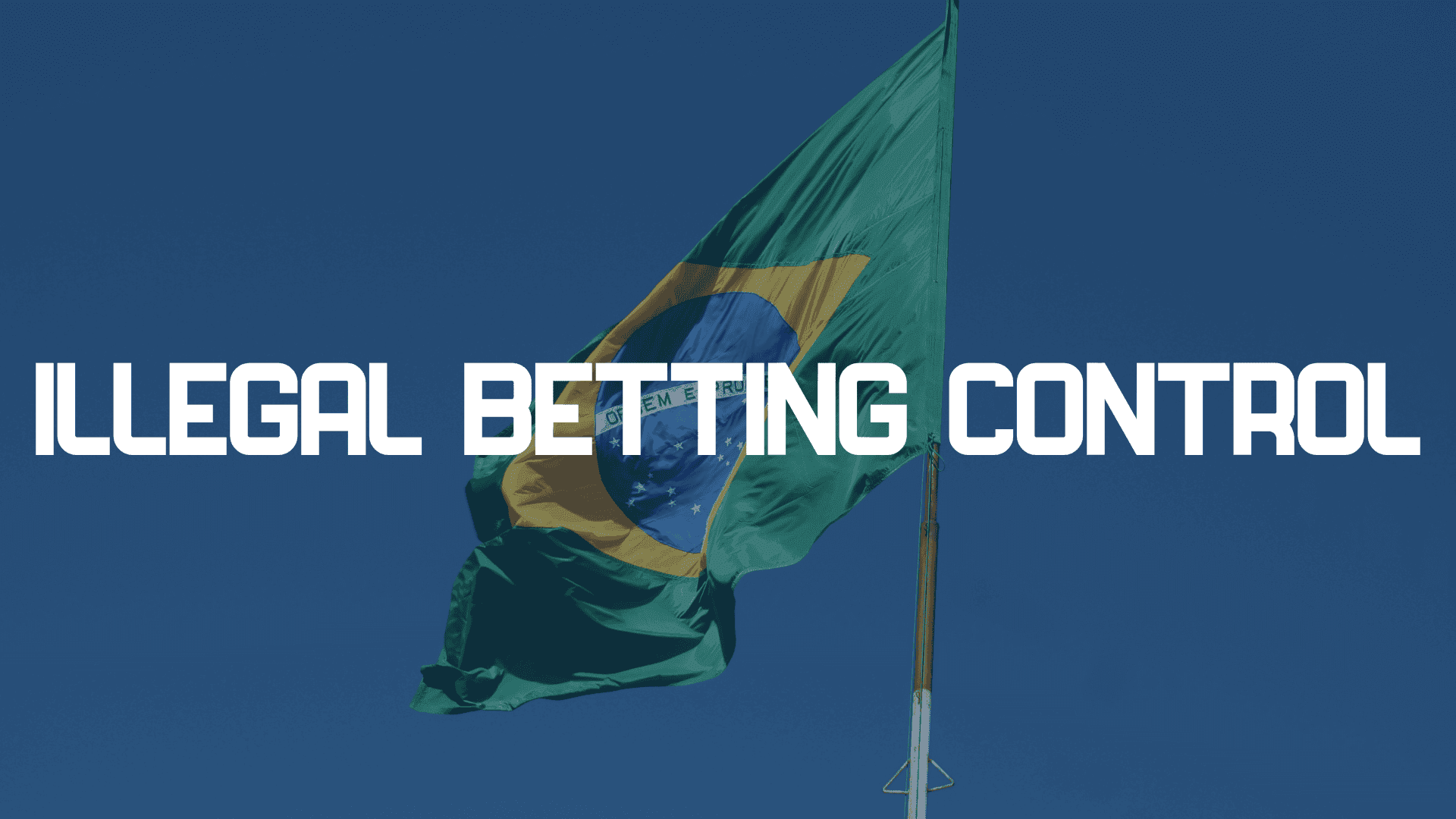Brazil’s Central Bank is calling for enhanced legal powers to combat the country’s growing illegal betting market, as concerns rise over financial integrity and social impact. In recent parliamentary discussions, the Bank’s leadership emphasized the limitations of its current mandate and the urgent need for regulatory reform.
Limited Tools Against a Rapidly Growing Threat
At present, the Central Bank lacks direct authority to block or penalize unauthorized betting platforms. Its role is restricted to enforcing actions only after the Secretariat of Prizes and Bets (SPA) classifies an operator as illegal. Even then, its interventions are confined to advising financial institutions to cut ties with flagged entities.
This lack of jurisdiction has created significant enforcement gaps, allowing unregulated operators to flourish and undermining the efforts of legitimate, licensed platforms. The Bank’s ability to act is primarily reserved for instances of financial crime, such as money laundering, where it can enforce compliance measures and reporting obligations through existing anti-fraud regulations.
Billions Flowing Through Unregulated Channels
Brazil’s illegal betting market has reached alarming proportions, with estimated monthly transactions ranging between BRL 20 billion and BRL 30 billion. This scale of activity not only threatens the credibility of the regulated market but also exposes consumers to unprotected environments lacking oversight or accountability.
One of the more troubling developments is the misuse of public welfare funds. Data indicates that financial support from government aid programs, including Bolsa Família, is being diverted to online gambling platforms. The potential for such funds to be funneled into illegal operations adds a layer of socio-economic risk that authorities are eager to address.
A Call for Reform and Collaboration
To address these challenges, the Central Bank is urging lawmakers to consider legislative changes that would empower it with direct oversight over betting-related transactions and the ability to act independently against illicit actors. Such reforms would enable the institution to freeze payments, issue fines, and collaborate more effectively with other regulatory bodies.
The path forward, according to Central Bank leadership, lies in coordinated action. A joint regulatory approach between financial authorities, gaming regulators, and law enforcement is essential to safeguarding both the industry’s integrity and the financial wellbeing of Brazilian citizens.
With the market expanding rapidly, and unauthorized operators exploiting loopholes in the current system, enhancing the Central Bank’s authority is emerging as a pivotal step in strengthening Brazil’s regulatory infrastructure.
Sources: Gambling Insider, iGaming Business

Betsson Becomes Official Betting Partner of the Davis Cup

Betinia Expands Gamification Strategy with Diego Simeone ‘Football Manager’ Platform

Betty Expands Toronto Footprint with Argonauts and Toronto FC Deals

FeedConstruct Acquires Exclusive Global Rights to Argentine Basketball Leagues

Petro Pushes to Preserve Colombia’s Gambling VAT Amid Budget Pressure
2026 © Invixos. All rights reserved. A product by Jerom Verschoote.

